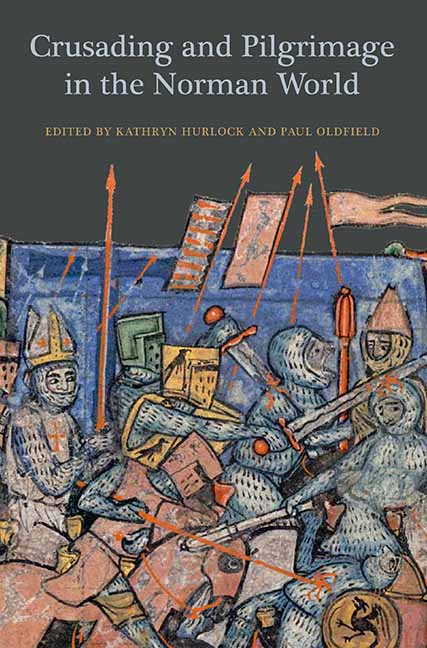5 - The Secular Clergy of Normandy and the Crusades
Published online by Cambridge University Press: 25 May 2021
Summary
The goal of this chapter is to add to current crusading scholarship focusing on regional studies. Work has appeared previously on the Normans and the crusades. In fact, the story of the central role of the Normans and the crusades extends back at least a century to that great researcher and populariser Charles Homer Haskins, and continues right up to the present with the recent study of John France on precisely this topic. However, far fewer studies have dealt with Normandy itself (as opposed to Anglo-Normans and Italo-Normans), and no one, to my knowledge, has examined exclusively the role played by the Norman clergy. Thus one of the angles here is to further evaluate France's assertion that ‘Normandy ceased to have any distinctive crusading role after the First Crusade’. Such a discussion leads necessarily to the issue of Norman identity that I hope also to touch upon.
A few words of definition. I have used the inelegant term ‘the clergy of Normandy’ to avoid the ambiguity inherent in the phrase ‘the Norman clergy’, which could (and often does) mean ‘the Anglo-Norman clergy’, and, too, to indicate that the focus is on the secular – in this case cathedral – clergy, as opposed to the regular – monastic – clergy. In general, monks were discouraged from going on armed crusades, and examining what transpired at Norman monasteries, as the religious prayed about the Holy Land, would take this essay in a very different direction. Further, I intend to concentrate on the duchy of Normandy, which for ecclesiastical purposes corresponds very closely to the borders of the archdiocese of Rouen. Even so, it has proven difficult to avoid bleeding into neighboring regions such as England, the Perche or the Ile-de-France.
Norman clergy were present at the very inception of the First Crusade, for Bishops Odo of Bayeux, Gilbert of Evreux, and Serlo of Sées attended the Council of Clermont in 1095. As regards the First Crusade (1096–99) itself, the main Norman protagonist is, of course, Duke Robert Curthose, who made many contributions to its success. He seldom alienated his fellow crusaders; he fought at the Battle of Dorylaeum; he participated at the siege of Antioch; he helped to storm Jerusalem; and he won at the Battle of Ascalon.
- Type
- Chapter
- Information
- Crusading and Pilgrimage in the Norman World , pp. 81 - 102Publisher: Boydell & BrewerPrint publication year: 2015

